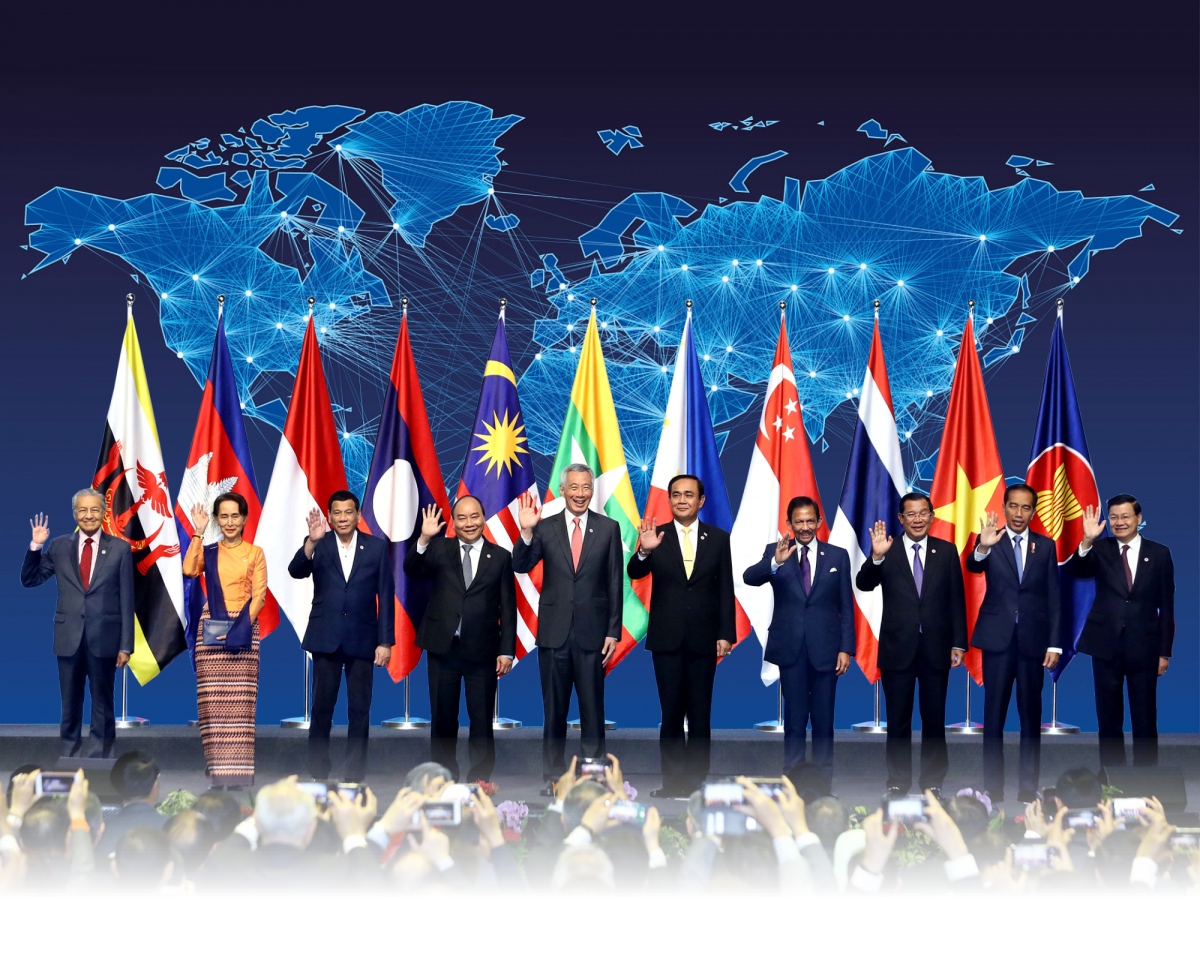
President Ho Chi Minh first publicly read the Declaration of Independence on September 2, 1945, at the historic Ba Dinh Square in Hanoi to mark the birth of the Democratic Republic of Vietnam, now the Socialist Republic of Vietnam. From being an embargoed and besieged country, it has since established comprehensive and strategic partnerships with 30 countries worldwide, including globally influential powers such as China and the United States.
Breaking embargos, turning former foes into partners
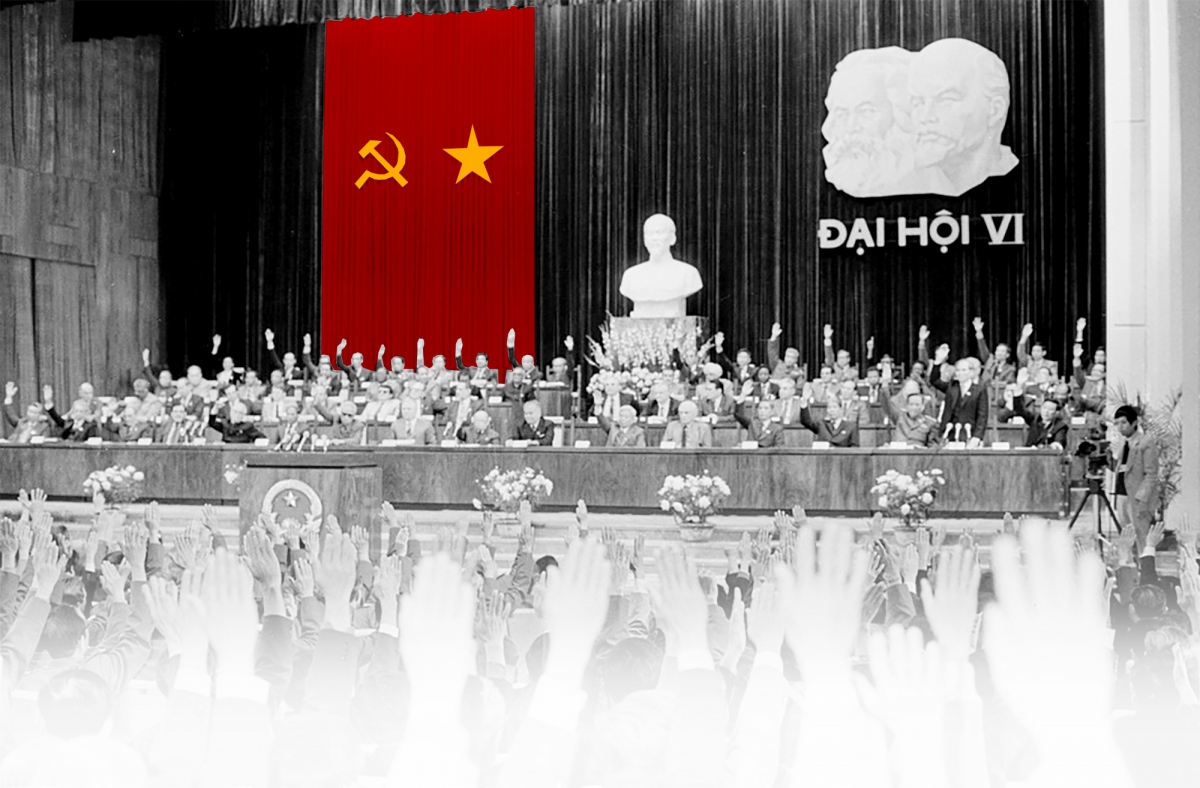
When commentators look back at the 1980s they can view the numerous difficulties faced by Vietnam. Domestically, the nation had been hit hard by a serious and prolonged period of socio-economic crisis, while internationally, it was confronted with political isolation and an economic embargo. Given the context, the 6th Congress of the Communist Party of Vietnam held in 1986 offered an in-depth analysis of the country’s advantages and disadvantages, with the decision made to implement the Doi Moi process, often called the Renewal process, with a primary focus placed on economic reform.
Moving into the 1990s, the collapse of the socialist system in both the Soviet Union and Eastern Europe presented new and difficult challenges for Vietnam. Despite these circumstances, the initial results of implementing a new foreign policy created the prerequisite for the Communist Party of Vietnam to pursue a pathway of independence, self-reliance, openness, diversification, and multilateralisation of external relations, with the spirit of “Vietnam wants to befriend all countries in the world community, striving for peace, independence and development”.
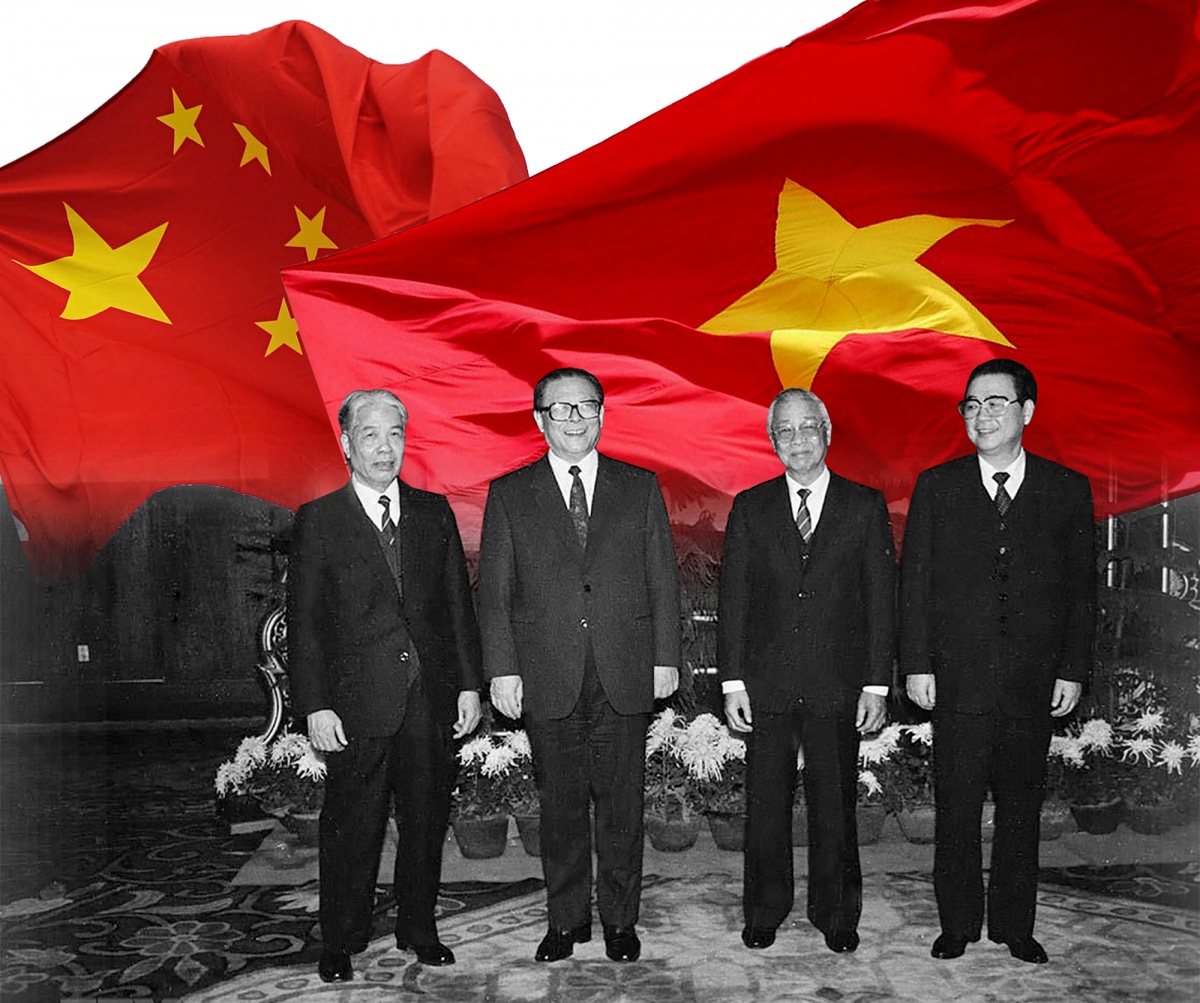
In November, 1991, Party General Secretary Do Muoi and Chairman of the Council of Ministers Vo Van Kiet led a high-ranking delegation to make an official visit to China at an invitation by the General Secretary of the Communist Party of China Jiang Zemin. Following the visit, both sides signed a joint statement to declare the normalisation of relations between the two countries.
The normalisation of diplomatic ties with China served to create a basic foundation for stabilising the regional situation and therefore pave the way for Vietnam to eventually normalise relations with the US. On July 12, 1995, July 11 according to Washington time, US President Bill Clinton announced the normalisation of relations with Vietnam, and Vietnamese Prime Minister Vo Van Kiet subsequently announced the establishment of diplomatic relations with the US.
Integrating into the world through an elevated global status
Many experts believe that 1995 marked a significant year for the nation, with Vietnam also officially joining the Association of Southeast Asian Nations (ASEAN). A ceremony to mark this event was solemnly held at the Brunei International Convention Center on July 28, 1995. Since then, the nation has shown itself to be a proactive member and has taken on a leading role in the bloc, assuming the role of ASEAN Chair three times in 1998, 2010, and 2020. Each occasion has seen the country strive to make efforts to help ASEAN overcome a range of great challenges, including the East Sea issue, and most recently, the novel coronavirus (COVID-19) pandemic.
Most notably, Vietnam was elected as a non-permanent member of the United Nations Security Council (UNSC) for two terms, from 2008 to 2009, and from 2020 to 2021. During both of these terms, it has helped the UNSC to promptly respond to emerging issues that threaten international peace and security, such as COVID-19, civil wars in Syria and Libya, and the Middle East peace process.
Furthermore, 2020 represents a special year which marks the 25th anniversary of the establishment of diplomatic ties between the country and the United States, a certified global power, and its admission to ASEAN, a group consisting of 10 Southeast Asian countries that are united on regional and global issues.
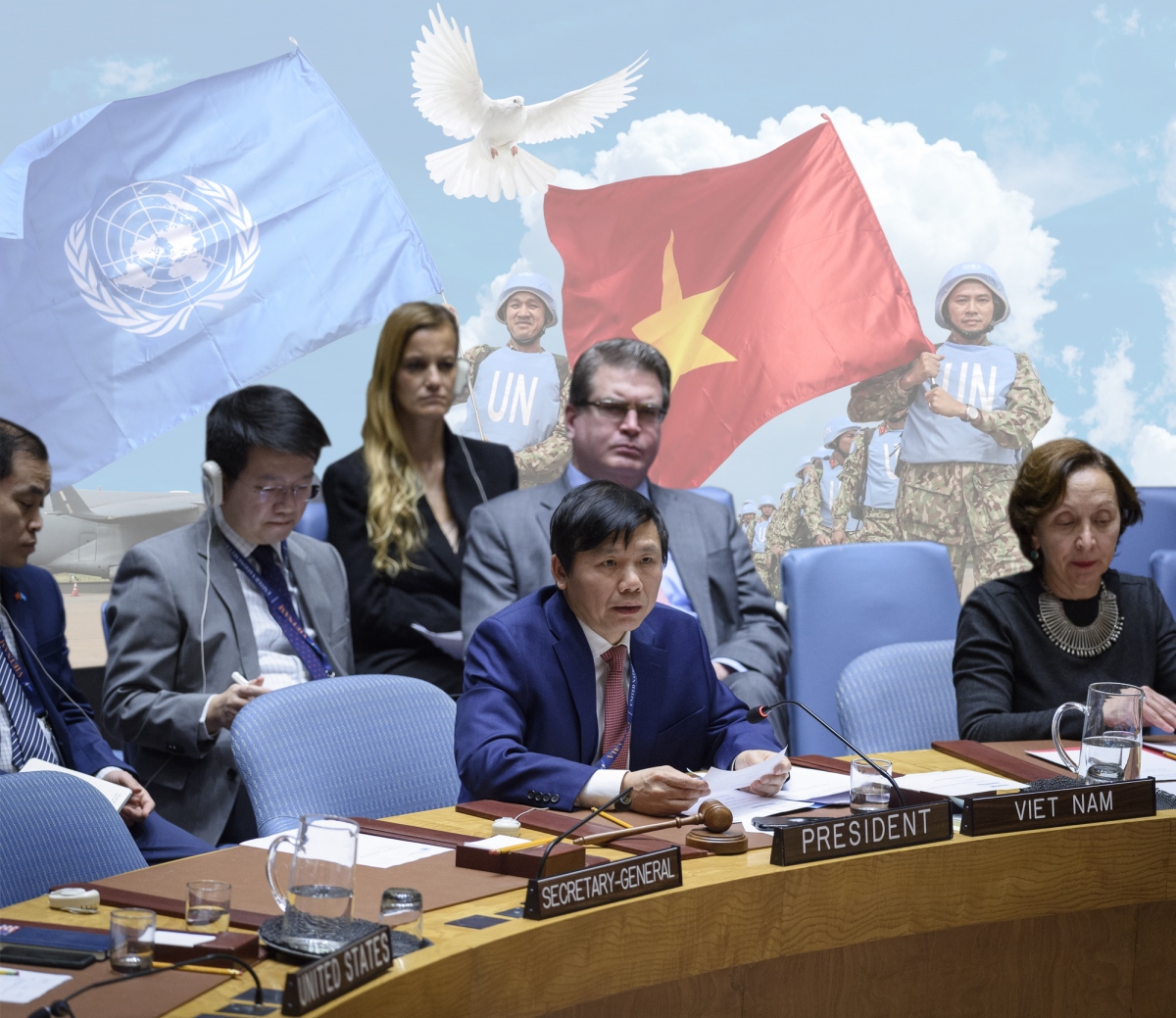
After being a nation with a subsidised and backward economy, Vietnam has developed into a middle-income state that features a dynamic market economy and is increasingly integrating into the region and the world. Since first emerging onto the global stage, the country has become a proactive and responsible member that unites with partners to respond to emerging challenges, whilst also contributing to solving key problems relating to peace, development, and prosperity across the region and the wider world. These contributions therefore serve to maintain a peaceful and stable local and regional environment, defend sovereignty, territorial integrity, and elevate the country’s status internationally.
At present Vietnam has successfully established diplomatic relations with 189 out of 193 United Nations member states. It has also entered into strategic and comprehensive partnerships with 30 countries worldwide, therefore creating a solid foundation for it and other countries to enhance co-operation, for mutual benefits, and for peace, co-operation, and development both regionally and internationally.
Vietnam represents a trust-worthy and responsible partner
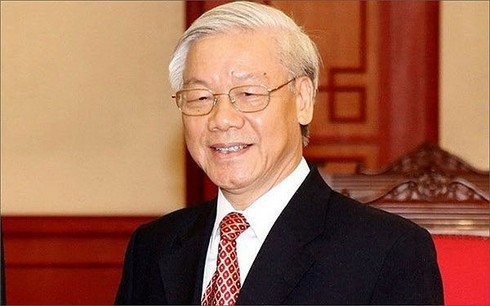
In a recent article published to summarise Vietnamese development achievements over the past 75 years, Party General Secretary Nguyen Phu Trong noted that the country now boasts its best-ever position and reputation within the international arena. It has emerged to become a nation of nearly 100 million people whilst enjoying a middle-income status.
He went on to state that, after being an underdeveloped country in relative obscurity, Vietnam has today developed into a country with a population of nearly 100 million with a middle-income status. It has set up relations with the majority of countries worldwide, joined a number of international organisations, and become a trust-worthy and responsible partner of the international community.
To mark Vietnam’s 75th National Day, UN Secretary General Antonio Guterres sent his warmest congratulations to the Vietnamese Government and people, lavishing praise on the country for remaining a strong partner since first joining the UN in 1977.
Moreover, the Vietnamese army has been taking an active role in the UN's peacekeeping activities and in fulfilling the Millennium Development Goals, all of which serve to provide a solid foundation for the country to carry out the Sustainable Development Programme 2020, the UN Secretary General said.
Indeed, Vietnam has made a number of important contributions to supporting sustainable peace in its capacity as a non-permanent member of the UNSC.
The 75th anniversary of Vietnam’s National Day is happening alongside the country assuming the roles of ASEAN Chair and UNSC non-permanent member, therefore reflecting its strong presence within the international arena, UN Secretary General Guterres added.

